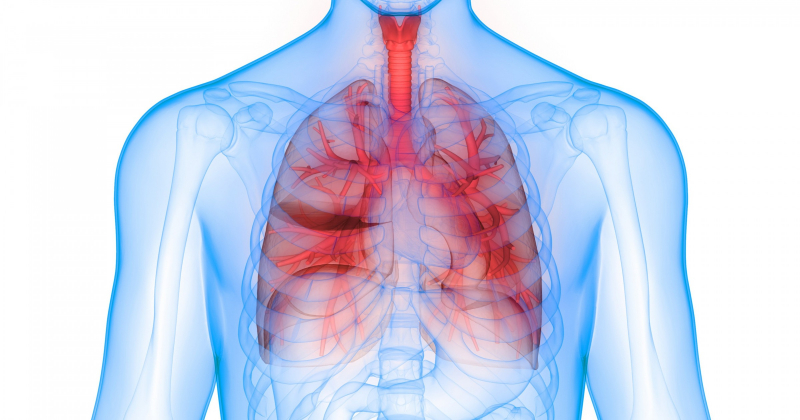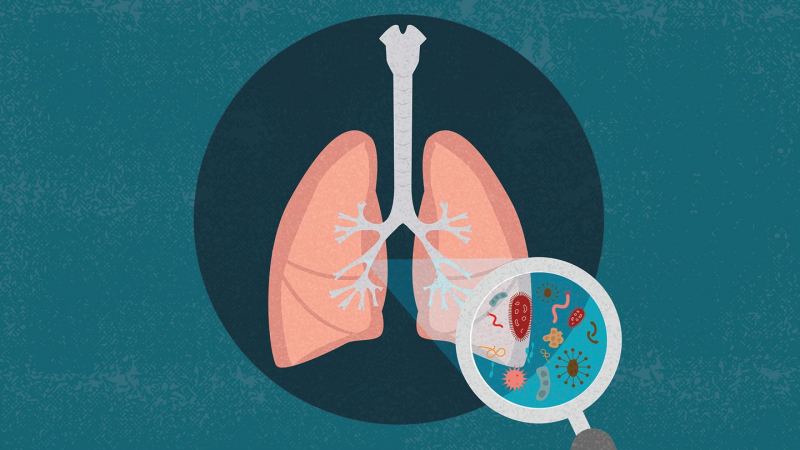Pneumonia

People with HIV infection are more likely to develop a wide range of opportunistic pneumonias, neoplasms, and pulmonary diseases because the lungs are a primary target of problems linked to the human immunodeficiency virus (HIV). One of the HIV-related lung conditions that usually prompts referrals to respiratory specialists for diagnostic testing and treatment is opportunistic pneumonia. Significant sources of morbidity and mortality come from them.
The wide range of opportunistic pneumonias linked to HIV includes bacterial, mycobacterial, fungal, viral, and parasitic pneumonias. Bacterial pneumonia can happen at any stage of HIV disease and may be the first sign of an underlying HIV infection. HIV-positive people are more susceptible to bacterial pneumonia due to a number of risk factors, most notably immunological deficiencies.
One of the most frequent and possibly fatal causes of pneumonia in persons with HIV who have severely weakened immune systems is an infection with the bacterium Streptococcus pneumoniae, often known as pneumococcus. People with HIV should get vaccinated against Streptococcus pneumoniae.












